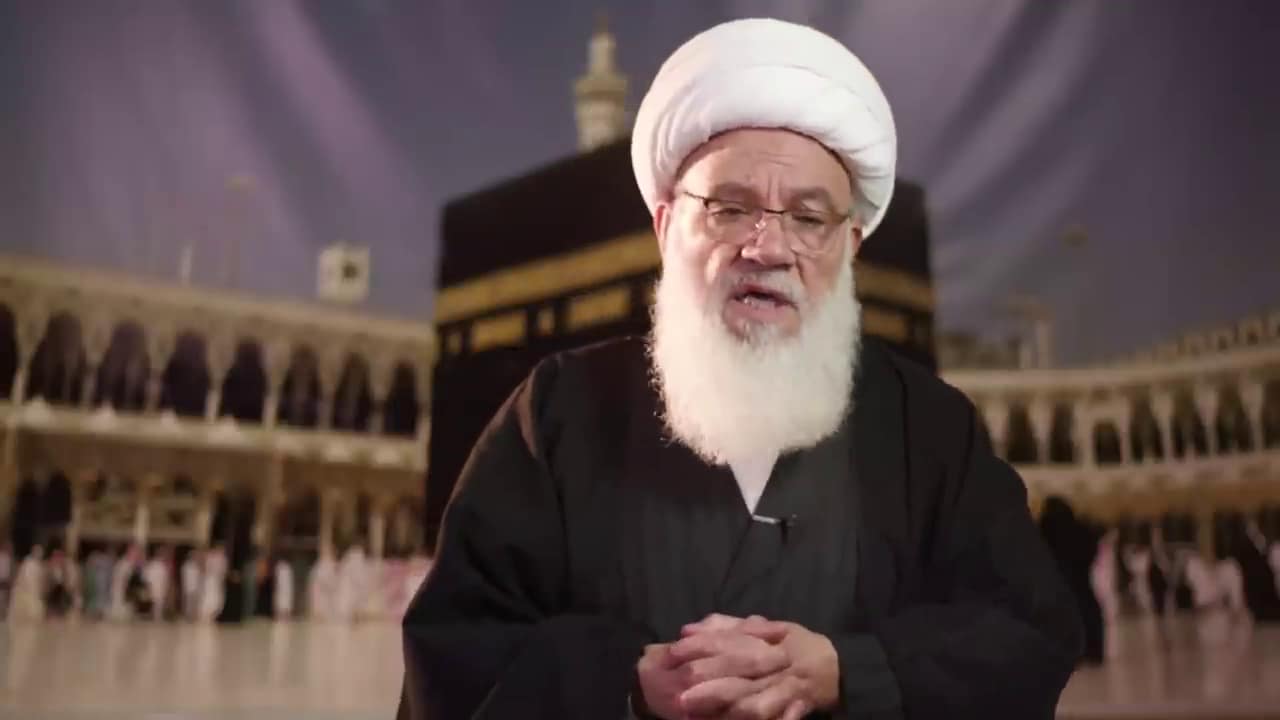
Following are excerpts from an interview with Syrian President Bashar Al-Assad. The interview was given to the Russian TV and was aired by Syrian TV on TV on December 11, 2005
Bashar Al-Assad: The problem of Syria's relations with part of the West – I'm not saying all the West, and maybe it's only some officials in the West – it's not a problem of language. As I've said, I understand their language, and some of them may understand Arabic. The problem pertains to the concepts conveyed by the language.
There is a great difference in the concepts. There is a distance between the cultures, which grows wider in time, instead of narrowing with the development of the means of communication. In order for things to be straightened out, the West must learn more about our region, history, concepts, and about the real causes of our problems.
[...]
We live our reality, while they live thousands of miles away. Therefore, they should listen to our opinions and understand our way of thinking.
[...]
Syria is an important country for stability, an important country in the way against terrorism, an important country for the peace process, an important country for future stability in Iraq. But these Middle Eastern issues are being dealt with without Syria.
Russia and China have an interest in standing by Syria on these issues, because they have an interest in stability.
[...]
As I've said before, any Syrian proven to be involved in the assassination is considered a traitor according to Syrian law, and the punishment for a traitor is very severe in Syrian law.
[...]
We have been guarding the border with Iraq for two decades. As you know, no country in the world can hermetically seal its border with any other country. The Americans level these accusations against us, but at the same time, they say to us: "We cannot seal our border with Mexico." Such a superpower cannot seal its border, so how can Syria?
Having said that, it is possible to close the border to a reasonable extent – it won't be completely sealed, but it will be controlled, in the sense that the smuggling of people or goods will be as minimal as can be expected with any country. In order to achieve this, both sides of the border must be involved – just one side cannot seal the border. In other words, on the Iraqi side of the border measures must be taken by either the Iraqis or the Americans. These can be various military or technological measures. There may also be security cooperation.
But the truth of the matter is that the problem in Iraq is the great political failure and the great military failure we are witnessing. This is the truth of the matter. There is a lack of willingness to admit that the resistance in Iraq is mostly by Iraqis. A foreign party is always blamed. They say that foreigners, whom they call terrorists, are carrying out operations against the occupation forces. This isn't true.
[...]
There are similar groups, other than the Muslim Brotherhood, that believe in violence and in terrorism, maybe because they believe this serves Islam. Of course, there is no such things as "Islamic terrorism," because terrorism differs from Islam. There's just terrorism, not Islamic terrorism. But the term "Islamic terrorism" has become widespread.
This kind of terrorism is dangerous. It was directed against us, and then we embarked upon a campaign in some Western European countries in an attempt to convince them that embracing some of the leaders of extremism and terrorism in Europe will turn against them one of these days.
We suffered from this terrorism in the seventies and eighties. They began attacking several Arab countries in the late eighties and in the nineties, and we have seen the serious results in New York, in London, and in Madrid. You too, in Russia, are now suffering from terrorist operations.
This means that terrorism has no borders. If you have terrorism in your country, it might strike at us at some point. You cannot control or restrict terrorism.
[...]
We have realized that terrorism cannot be fought through a war. A war in general – and especially when it is not a just war – results in activating terrorism, as we now see, after the war in Iraq.
Fighting terrorism is, first and foremost, ideological, because terrorism is an ideology rather than just organizations. Fighting terrorism must be ideological. Ignorance must be fought through dialogue. Political stances must be just, because many terrorists use religious or political causes as pretexts. So you must deal with this issue politically. This is how you deal with terrorism, not through condemnations.
Condemnations do not finish off terrorism. The entire world has condemned 9/11, but terrorism continued after 9/11. Therefore, we must establish a network of international cooperation, and as I've said, Syria has the experience and a great desire for such cooperation.
[...]
As for the nuclear issue, when dealing with this great topic, we cannot talk only about a specific country and its way of thinking. We must address this issue comprehensively in the Middle East.
First of all, if nuclear power is restricted to peaceful purposes, every country in the world is entitled to it. No country in the world can be prevented from having nuclear reactors for peaceful purposes. Iran is saying very clearly that it wants this reactor for peaceful purposes. It says this both in public and behind closed doors.
But as for nuclear weapons – this is what you asked about, and this is what we hear sometimes – that Iran wants the peaceful reactor in order to reach a nuclear weapon... We cannot relate to it this way. We must think in a more comprehensive way. We must view the entire region.
If we don't want to view this internationally, we should at least view the Middle East. If we say that a certain country in the Middle East has the right to own nuclear weapons, then all the other countries have the same right. If we don't want to see nuclear weapons in a certain country in the Middle East, we must remove these weapons from all these countries – and I'm referring to Israel. Israel is the only country in the Middle East that owns nuclear weapons.
[...]
First of all, I don't know if there will be sanctions. In any case, we must be prepared for any possibility. We live in a troubled region and in an unjust world, which is ruled by anarchy as I have said. Therefore, we should always prepare for the worst. Being prepared doesn't mean you are capable of winning, but it means that if you lose, you will minimize your losses. This is the first thing.
But I must complete my answer with a question. Any country that wants sanctions – what will it gain? Will it gain anything? No, it won't, It will lose. The Middle East is the heart of the world, and Syria is now in the heart of the Middle East. If the situation in Syria and Iraq is not good, the entire region will be troubled, and the entire world will pay the price.
I want to add this question: What will they gain? Like I said, they will not be able to deal with terrorism, which will spread. They won't be able to achieve peace, and this, in turn, will also increase terrorism. There will be more poverty, which will also increase terrorism. Therefore, the entire world will pay the price, along with Syria and the Middle East.












